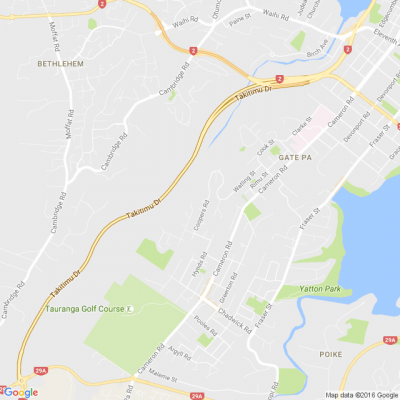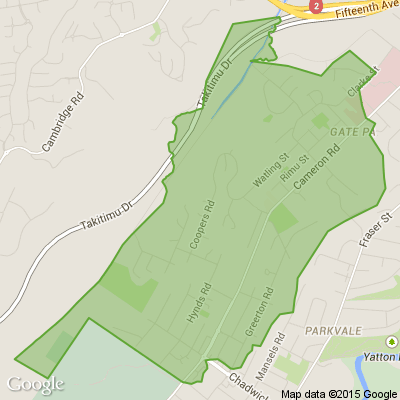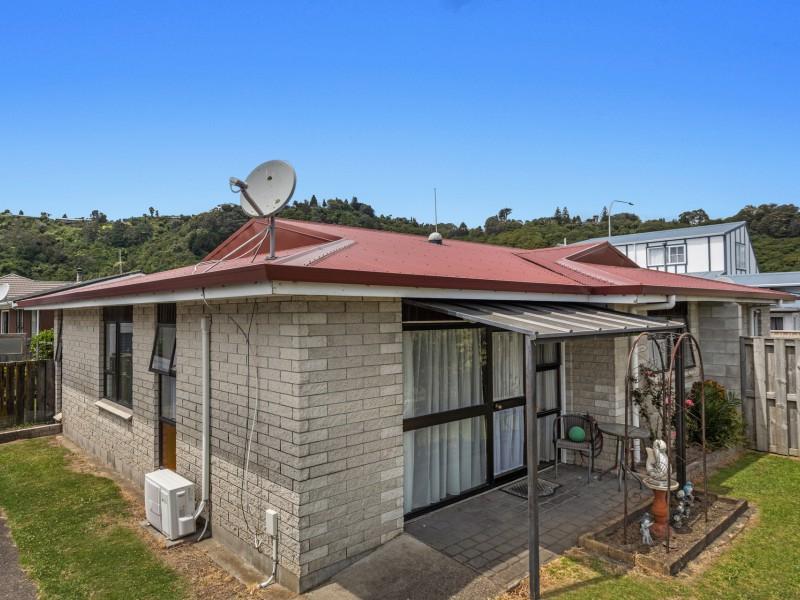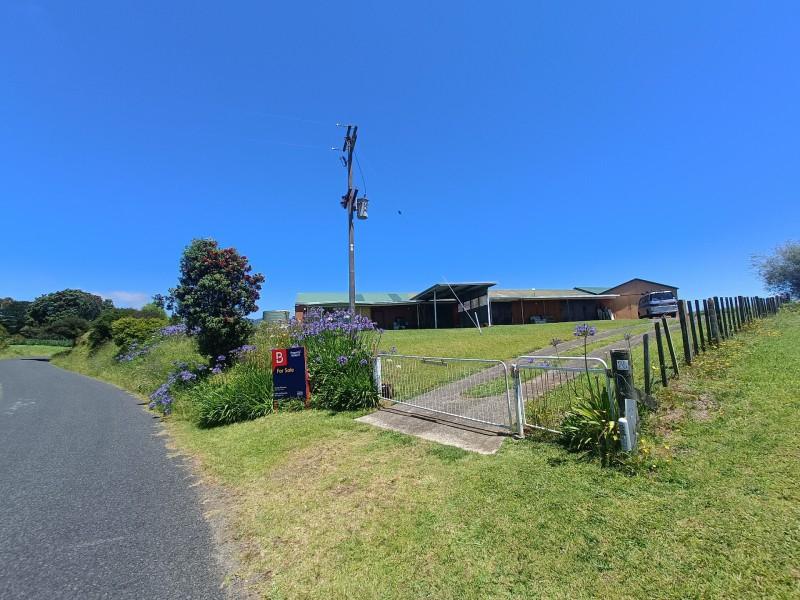Recycled polyester
Along our journey to creating a more sustainable future, our studios are working to incorporate innovative textiles into our product offering. The technical advancement of recycled yarn production has led to textiles which are not only more environmentally friendly, but emulate the soft handle of virgin fibres. In this article we explain the process of transforming post-consumer plastic bottles into recycled polyester yarn, through an investigation into the production of our first recycled product Kumo Recycled by James Dunlop.
Woven in 92% recycled polyester and 8% polyester yarn, Kumo Recycled presents a modern perspective on fibre construction. Available in 15 decorative shades, Kumo Recycled is suitable for those seeking a high-performance wide width sheer that is fire retardant and has a weighted selvedge in both residential and commercial applications, elegantly framing the view in any setting.
THE RECYCLING PROCESS:
At the recycling facility, post-consumer PET bottles are magnetically sorted by a metal detector and the labels are washed off with water in a revolving cylinder called a Tromel. The clean PET bottles are then sorted into types and colours by a near infrared ray and spectrum camera before being shredded into flakes underwater.
Separation occurs as lighter plastics float to the tank’s surface. The flakes are dried in a tumbler, then rinsed with sodium hydroxide, dried, rinsed in water, and dried once more. Residual contaminants and metals are then blown out and the flakes are shredded into smaller flakes, ready to be used to produce a liquid polymer (resin).
Keep reading: www.curtainclean.co.nz...
Worst Xmas ever?
There's a a lot of planning that goes into Christmas day and sometimes things just don't go to plan. But it can be a good thing - a family mishap or hilarious memory that you can laugh about in Christmases to come.
Whether you burnt the dinner or were stranded at an airport...
Share your Christmas mishaps below!











 Loading…
Loading…






















